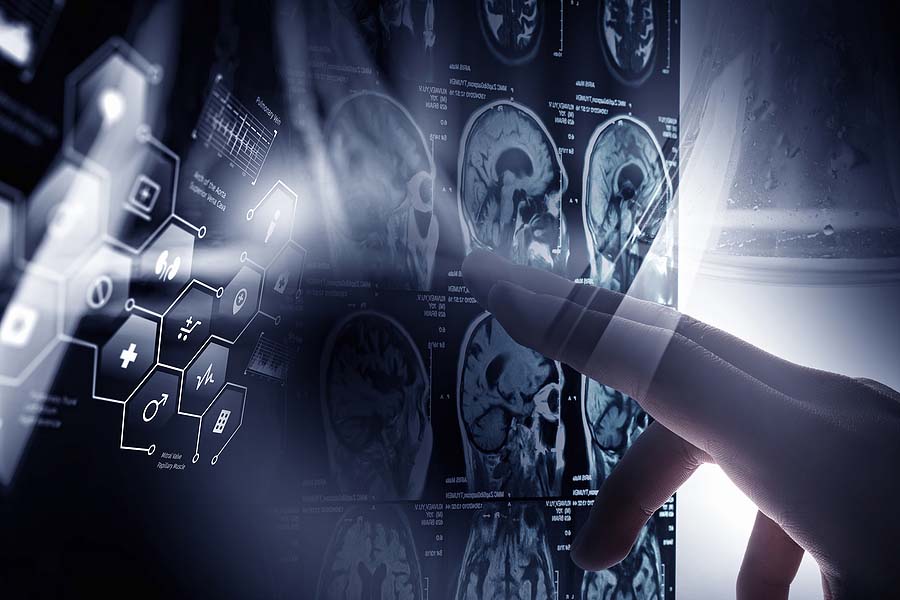Employment
Southeast Brain & Spine in Columbus, GA is a great place to work


A Great Place To Work
Southeast Brain and Spine is a dynamic medical practice focused on neurosurgery. We are filled with energetic, patient-driven doctors and staff whose ultimate goal is to give the very best care to our patients. We are excited about the future at Southeast Brain and Spine and would like to help you find your perfect career opportunity.
Southeast Brain and Spine provides a drug-free workplace along with a competitive salary and benefits package. We are an equal opportunity employer (EEO), dedicated to a policy of nondiscrimination in employment on any basis including race, creed, color, age, sex, religion or national origin and in compliance with ADAAA.
Frequently Asked Questions
Why see a neurosurgeon?
You will need a neurosurgeon if you are diagnosed (or suspected of being diagnosed) with certain disorders of the brain, spinal cord or peripheral nerves. The most common problems our patients have are brain tumors, blood clots, aneurysms and arteriovenous malformations, spinal problems and peripheral nerve tumors and entrapments.
What is the difference between a neurosurgeon vs neurologist?
Neurosurgeons and neurologists have some overlap in the types of patients they take care of, but the main difference is that neurosurgeons treat diseases or disorders for which an underlying structural/anatomical cause can be identified. This usually amounts to something that can be readily identified on MRI or other imaging test and can be fixed with surgery. Neurologists tend to prescribe more medications and manage patients with neurologic disorders for which there is no surgical treatment.
What will a neurosurgeon do on my first visit?
You should expect that your neurosurgeon will get a detailed history, focused physical examination and review any imaging studies that have been done. Most neurosurgical conditions require imaging (e.g., MRI or CT) to be properly diagnosed. You should expect that your neurosurgeon will need imaging done prior to your first visit.
Do I need spinal neurosurgery?
Typically, spinal surgery is more urgent for patients who are at risk of losing neurologic function than for patients who have no weakness but have pain. Most patients with back and leg pain should first try non-surgical methods of treating their pain before surgery is considered.
What questions should I ask my neurosurgeon on my first visit?
Do I need surgery? Are there other options such as medication, therapy or other treatment alternatives such as radiation or chemotherapy? What are the risks of treatment? What are warning signs that I should look out for that might make surgery necessary?
What are common neurosurgery procedures?
The most commons neurosurgical procedures are spinal surgeries for decompression and/or fusion. In the brain, the most common surgeries are for brain tumors and blood clots. However, many neurosurgeons specialize and focus on only a few areas or types of operations.
Are there different types of neurosurgery?
Neurosurgery is a very broad field and includes many different areas of specialization. The common areas of specialization include neuro-oncologic surgery, cerebrovascular neurosurgery, skull base neurosurgery, functional neurosurgery and spine surgery. Because many of these cases are rare, it is common for surgeons to have practices that incorporate more than one area of subspecializing.
Who undergoes vascular neurosurgery?
Vascular neurosurgical problems include brain aneurysms, vascular malformations and narrowing of the internal carotid artery and its branches either in the neck or brain. Cerebrovascular neurosurgeons treat these problems in one of two ways: either by open neurosurgery or endovascular neurosurgery.
Open neurosurgery means making a hole in the skull to clip an aneurysm, remove an AVM or bypass a clogged artery in the brain. In contrast, endovascular neurosurgery means a problem is treated with a catheter from within the artery (usually accessed through an artery in the groin) through which clots can be removed and arteries stented open, or aneurysms and vascular malformations filled with glue or coils. Many cerebrovascular problems require a team approach with input from both types of techniques.
Get in Touch
Midtown Medical Park
1538 Thirteenth Avenue, Suite B300
Columbus, GA 31901
Hours
Monday - Thursday 8:30 - 5:00
Friday 8:30 -12:30


